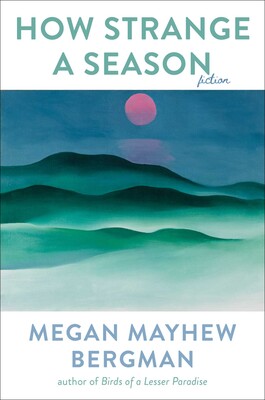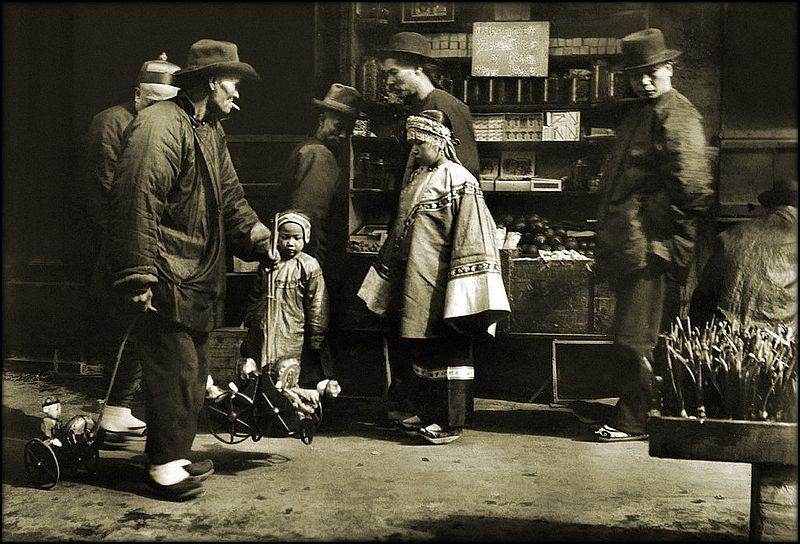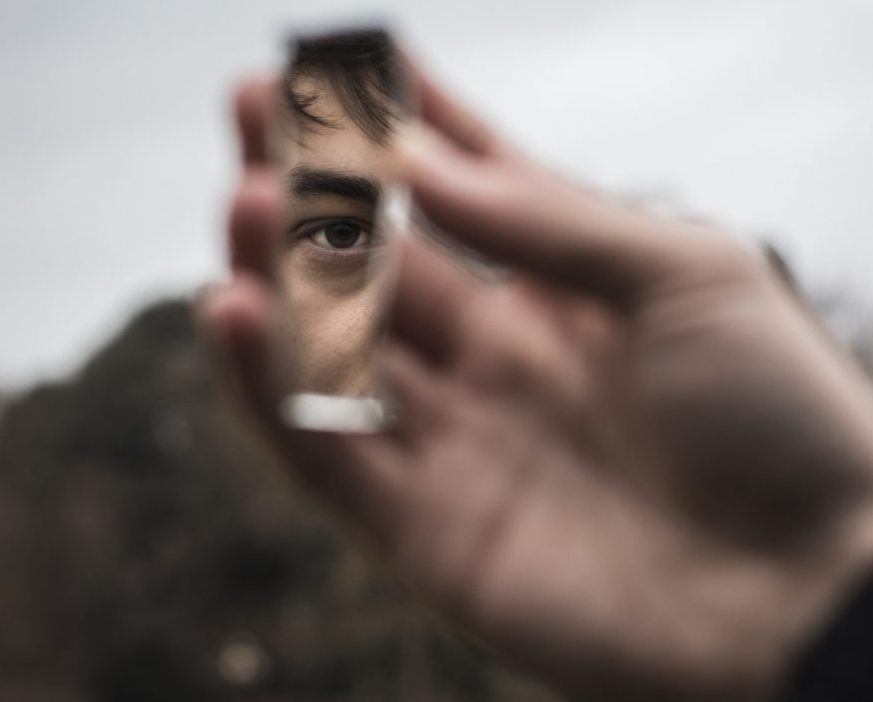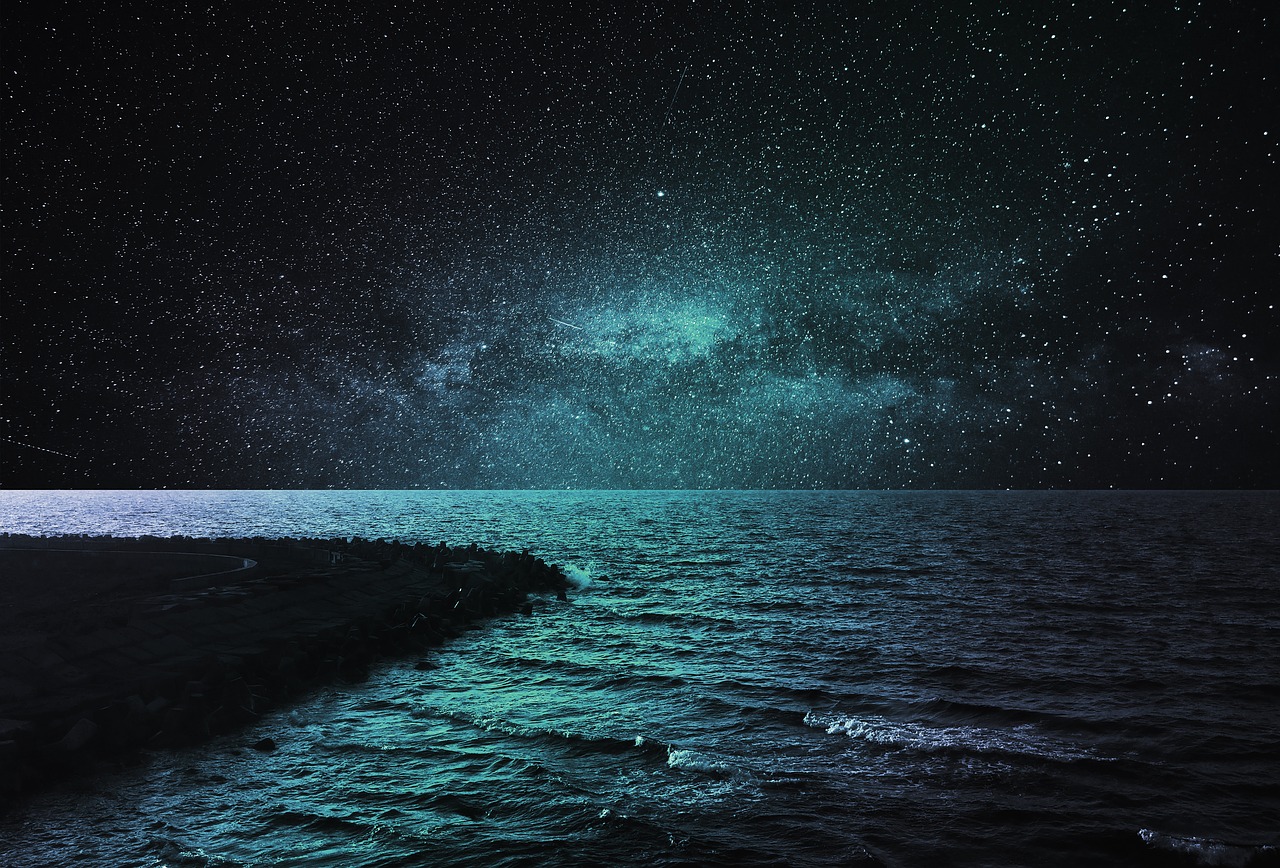Reading Lists
14 Books About Nature by Women Writers
Inclusive stories about our relationship with the natural world that subverts patriarchal norms
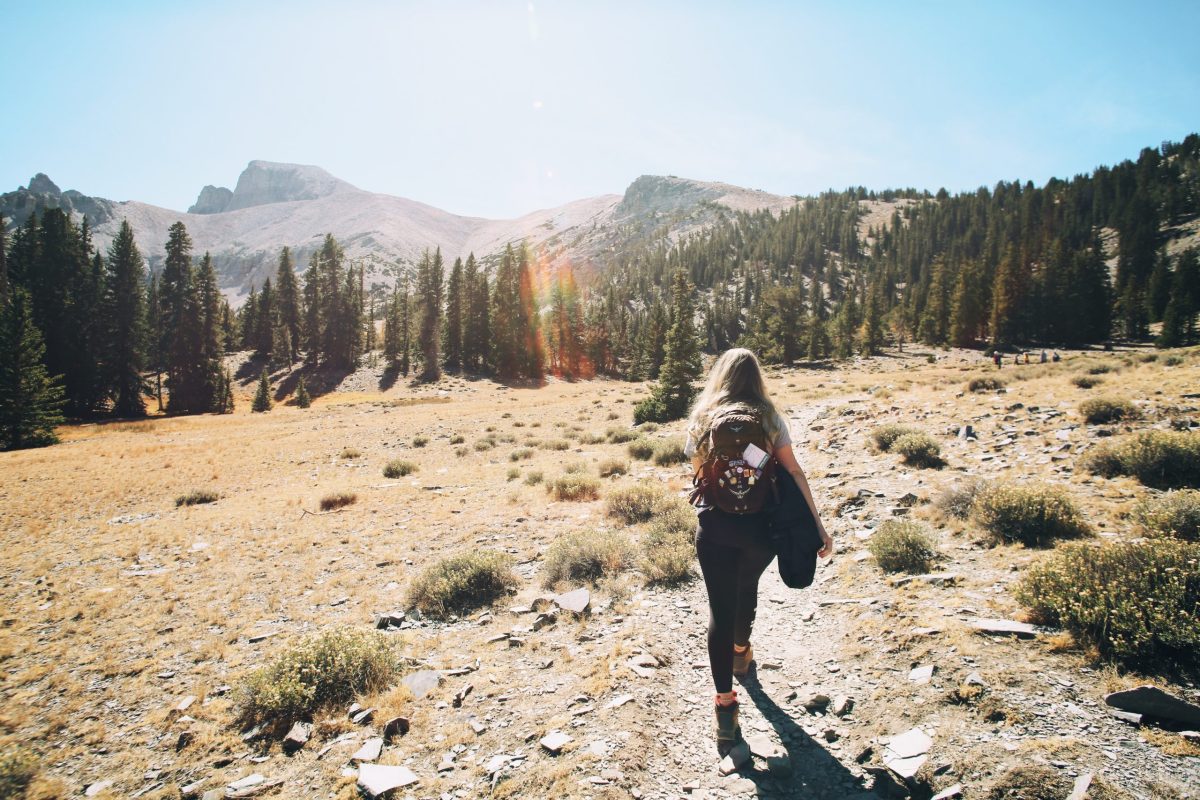
I remember when I first sought out nature writing. My predominant sense of who got to be a nature writer—who got to take the adventure and arrive home transformed—was as cliched as anyone else’s, and for good reason. I had never known any women nature writers, nor read them. Nor could I find them easily. Decades later, when I sought out “best of” nature writing and adventure writing lists in order to prepare my syllabi for nature writing classes, these lists were still predominantly composed of white men. I had to hunt to enhance my own reading and awareness before I could offer an expanded sense of nature writing to my students.
The root causes of nature writing’s white, patriarchal norm are unsurprising: being out in nature for a prolonged time often takes resources, a perceived sense of safety, and the masculine sensibilities of the historic publishing machine that thrusts a nature writer into the canon. Academia often reinforces the historical canon, and certain texts, like Thoreau’s Walden, become sacred. Kathryn Schultz addresses the Thoreau Problem brilliantly in her essay “Pond Scum.” “Like many canonized works, it is more revered than read,” she writes, as she points out that our reflexive, ill-informed hero worship may be misplaced. We live in a time when we need different heroes, more compassionate and inclusive ways of thinking about our relationship with the natural world.
Women have always taken adventures and developed expertise about the natural world, but their books, if written or published, have rarely made it into the nature writing cannon. We can change that, as well as a sense of who can feel comfortable in wild spaces and join conversations about nature, conservation, and adventure, and we should.
Here are my reading recommendations, as a start:
A Small Place by Jamaica Kincaid
Kincaid—a devoted gardener and sharp observer—always integrates a stunning sense of the natural world in her books. A Small Place dives into the problematic, colonial mindset of tourism, and forever changed the way I think of the ethics of travel. This is essential reading for developing a critical sense of how to move—or not move—in the world.
Silent Spring by Rachel Carson
I hope to one day live in a world where the hero worship and reading of Carson eclipses that of Thoreau. Silent Spring is—perhaps similarly to Walden—referenced more than it is read, and reading it, though unsettling, is an eye-opener. Carson knew the danger of capitalism colliding with chemistry, and the impact of man-made compounds on the environment, and she wrote about it with grace and courage. Written in the ‘60s, this book will convince you of the danger of pesticides, and of Carson’s importance in shaping our collective environmental conscience.
Ecology of a Cracker Childhood by Janisse Ray
No one has ever written about a rural junkyard in Georgia—and the slash pine forests—with more color, skill, and heart. The New York Times called Ray the next Rachel Carson, but she is under-read. Ray offers a crucial take on the intersection between class and a conservation mindset in this ecological memoir that traces her origins and the essential flow between person and place.
Guidebook to Relative Strangers by Camille Dungy
Dungy is a revered nature poet and professor, and I love reading her in essay form. Guidebook is a travelogue, a series of personal essays written largely to her daughter about the past and present, and how to move within it. When I teach this book, students respond to Dungy’s exploration of how it feels to move in the world and outdoors, especially after becoming a mother.
Woodswoman by Anne LaBastille
I’ve heard it said that Labastille out Thoreau’d Thoreau—building her own small cabin in the Adirondacks and pursuing a vigorous outdoor life as a guide and conservationist. Woodswoman, one of LaBastille’s several books, traces her journey to self-reliance and the deepening of her relationship with the Adirondacks. LaBastille is a ’70s feminist and an outdoor icon who shouldn’t disappear from our literary consciousness.
Seam by Tarfia Faizullah
Faizullah is a poet, Fulbright scholar, the daughter of Bangladeshi immigrants, and a fearless writer who looks closely at the experience of women, especially women caught in the throes of trauma and war. In Seam, poet Natasha Tretheway says “we confront the past and its aftermath in the lives of women interrupted by violence and brutality and loss.” Faizullah has an eye for the natural world, and this comes through in the work.
Vesper Flights by Helen Macdonald
Is anyone better at writing birds on the page? No. I once heard Macdonald read a piece about a baby albatross taking flight; it made me cry and laugh. Macdonald knows how to tell a story, and she also knows how to reach a sublime place in her writing—where things feel awful and wonderful, all at once. Vesper Flights is an essay collection, always in conversation with the natural world, birds, nostalgia, the countryside, and time.
World of Wonders by Aimee Nezhukumatathil
I admire the wonder-forward way Nezhukumatathil writes and creates community. Engaging with the natural world doesn’t have to be a doom-filled task, and she makes space for joy and beauty. These are essays about the ways the natural world can sustain and inspire us.
Paddling My Own Canoe by Audrey Sutherland
Sutherland is a little gruff, practical, and full of moxie. Despite her limited time and resources, and four kids at home, Sutherland is eager to get out and swim her way into an adventure and meditation about a woman’s relationship with the natural world. Featured: ecology, survival, and solo female adventure in Hawaii.
Braiding Sweetgrass by Robin Wall Kimmerer
You already know this one, and you already love it, and for good reason. I’ve heard Kimmerer speak about how important a shift she made when she allowed herself to move from a purely scientific way of writing into first person narratives that honor emotion and feeling. Braiding Sweetgrass feels like the feminine corrective to a way of looking at natural resources—it prioritizes gratitude instead of dominance, and explains a more tender way of relating to the environment, yoked with illustrative stories from Kimmerer’s life.
Some Say the Lark by Jennifer Chang
Chang, a professor, editor, and poet, gave one of the most affecting nature lectures I’ve ever heard, on race and the pastoral form. She’s a brilliant thinker, and there’s often a spark in her poems, a valid anger in the margins. The poems in Some Say the Lark explore loss, the self, broken systems, and motherhood.
Rising by Elizabeth Rush
Rush’s book came early in the contemporary climate discussion, and her prose is lush and dark. A lyrical collection of accounts that show climate change is not a future phenomenon, but it’s already happening, and the worsening situations on the coast that have long been problematic.
A Natural History of Cumberland Island by Carol Ruckduschel
Ruckduschel is known for many things—her habit of eating roadkill, her storied existence on a barrier island, but also her thousands of necropsies of sea turtles and extensive knowledge of the natural world. Her book on the natural history of Cumberland Island is a life’s work of serious study. This is a scientific reference text, but beautiful in its wholeness and lived perspective.
Upstream by Mary Oliver
This book is stunning, the lyric payoff of decades of sustained study. Upstream is a series of lyric essays on place. Oliver’s “Ode to Provincetown” was early in its eulogistic tone for nature writing, and it’s a masterclass in avoiding righteousness.




